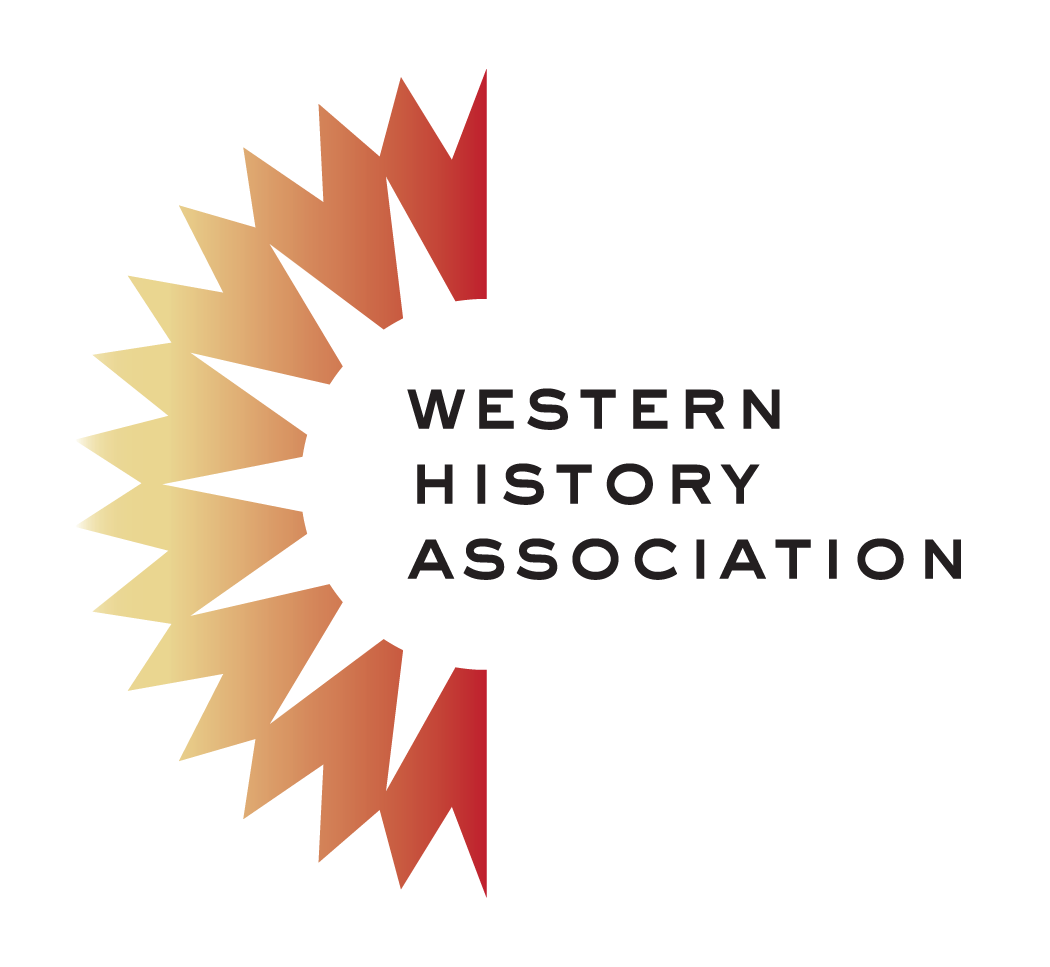NEWS AND ANNOUNCEMENTS The WHA Office often receives notifications about awards, scholarships, fellowships, and events that might be of interest to our members. We are also happy to share the news and accomplishments of individual members and programs. When our staff receives requests to post news and announcements, you will find them here and on our social media platforms. Please email us if you wish to be included in our news and announcements feed! |

.png)
.png)